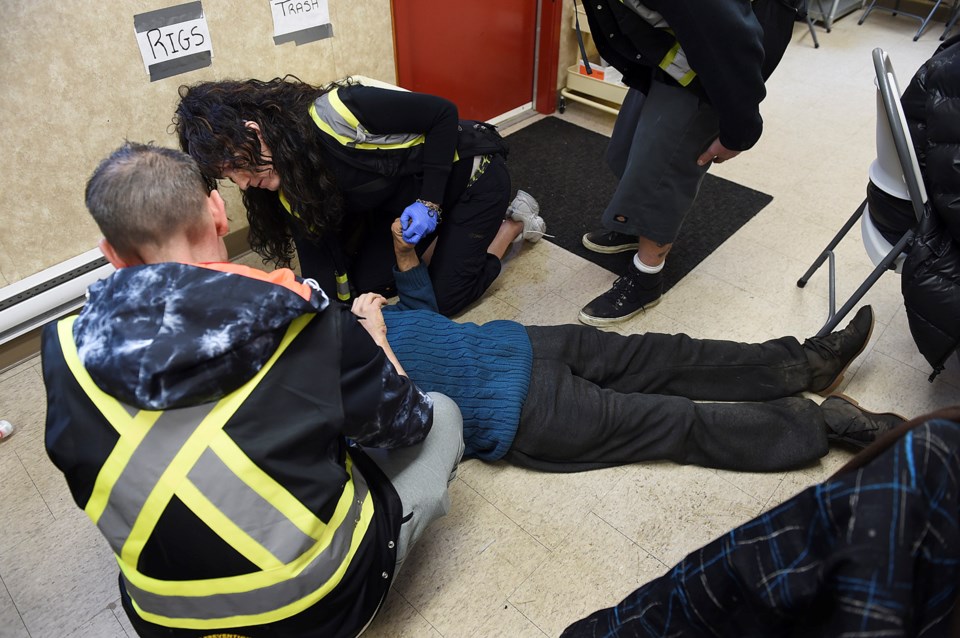In a Tuesday media release, Canada’s health agency said it expects total opioid related deaths for 2017 to hit 4,000 people, a 45 per cent increase over 2016.
Preliminary data by the Special Advisory Committee on the Epidemic of Opioid Overdosesshowed that by Sept. 2017, opioid related overdose deaths were 2,923 nation-wide, while all of 2016 saw 2,946 overdose deaths. Fentanyl remains the main driver of opioid overdose deaths (72 per cent), while men constitute 76 per cent of those deaths.
“We recognize that all levels of government must do more to increase awareness, implement and evaluate innovative harm reduction approaches and increase access to effective treatment programs in order to turn the tide on this epidemic of opioid-related deaths,” read the government’s statement.
In Vancouver, there were 280 fentanyl related deaths in 2017, according to January 2018 data by the B.C. Coroners Service. That data also suggests that more than a quarter of Canada’s overdose deaths have been in British Columbia, at 1,156.
In a statement Wednesday morning, Vancouver mayor Gregor Robertson said the current regime around drug legislation is failing those who are most affected by a tainted drug pool. He wants to see “urgent, disruptive” ways to effectively address the opioid crisis.
“We need a new regulatory approach for drugs that ensures addiction is treated as a health issue, not a criminal one,” Robertson wrote in the statement. “Decriminalizing possession alone won’t solve the problem, but —combined with enhanced prevention and treatment options —would be a lifesaving shift at a time when the current approach is a humanitarian disaster.”
On March 9, the city issued a press release calling on the federal government to “convene a multi-sectoral task force to implement immediate decriminalization of personal possession of illicit drugs.”
The decriminalization model the city is pushing for is loosely based on regulations in Portugal.
On March 26, the federal government announced the easing of restrictions on doctors prescribing diacetylmorphine (prescription heroin) and methadone, in an attempt to cut down on deadly overdoses by offering clean alternatives to street drugs. Health Canada is also putting $231 million toward evidence-based treatment of opioid addiction, education and innovative treatment research.
--with file from John Kurucz



